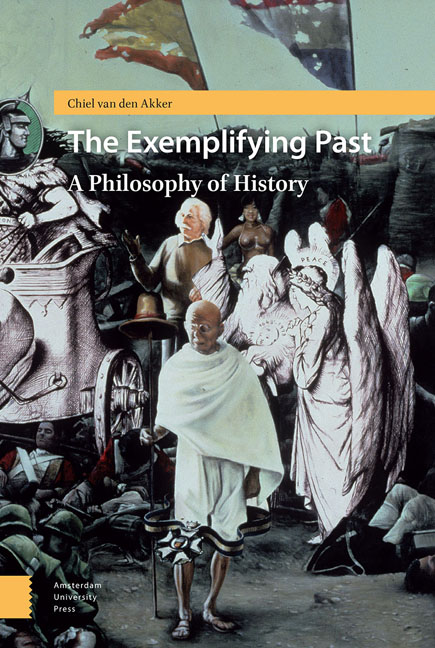5 - Exemplification
Published online by Cambridge University Press: 29 January 2021
Summary
Introduction
In her excellent study The Triumph of Pleasure. Louis XIV & the Politics of Spectacle, Georgia J. Cowart sets herself the task ‘to reveal the forces that effectively transformed the celebration of the monarch into the utopian celebration of public entertainment as a new societal model.’ This new, libertine societal model, emerging in the late seventeenth century, was based on the ideals of love, social harmony, equality, and freedom. If it were to come into being, pleasure would triumph. On the painter Antoine Watteau she writes:
his Pilgrimage to Cythera, based directly on the imagery and ideology of two ballets produced at the Opera and related works at the théâtre de la foire, may be seen as the most complete expression of an operatic, proto-Enlightenment vision of an alternative, utopian society.
This meaning of Watteau's work, painted in 1717-1718, goes beyond the artist's intentions for obvious reasons. Watteau, as any other mortal, could not have foreseen the future, even if the Enlightenment was about to unfold right in front of him. He may have intended to express a vision of an alternative society; he may even have intended to anticipate what was about to come: that would make him in retrospect a visionary; but he could not have intended to anticipate what was later to be known as the Enlightenment. For only after the events we have learned to associate with the Enlightenment took place did it make sense to speak of a proto-Enlightenment.
Perhaps we should criticize Coward for ascribing something to Watteau which he never could have said himself, and ask her to change her language and discuss the past in its own terms only. Should the historian not confine herself to making statements that witnesses of the events could have made? All historians need to do – and this is a task already difficult enough – is to establish a record of what happened in the past, including the experiences and observations of contemporaries, as complete as the past remains and the appropriate methods of studying those remains allow it to be.
- Type
- Chapter
- Information
- The Exemplifying PastA Philosophy of History, pp. 99 - 126Publisher: Amsterdam University PressPrint publication year: 2018



